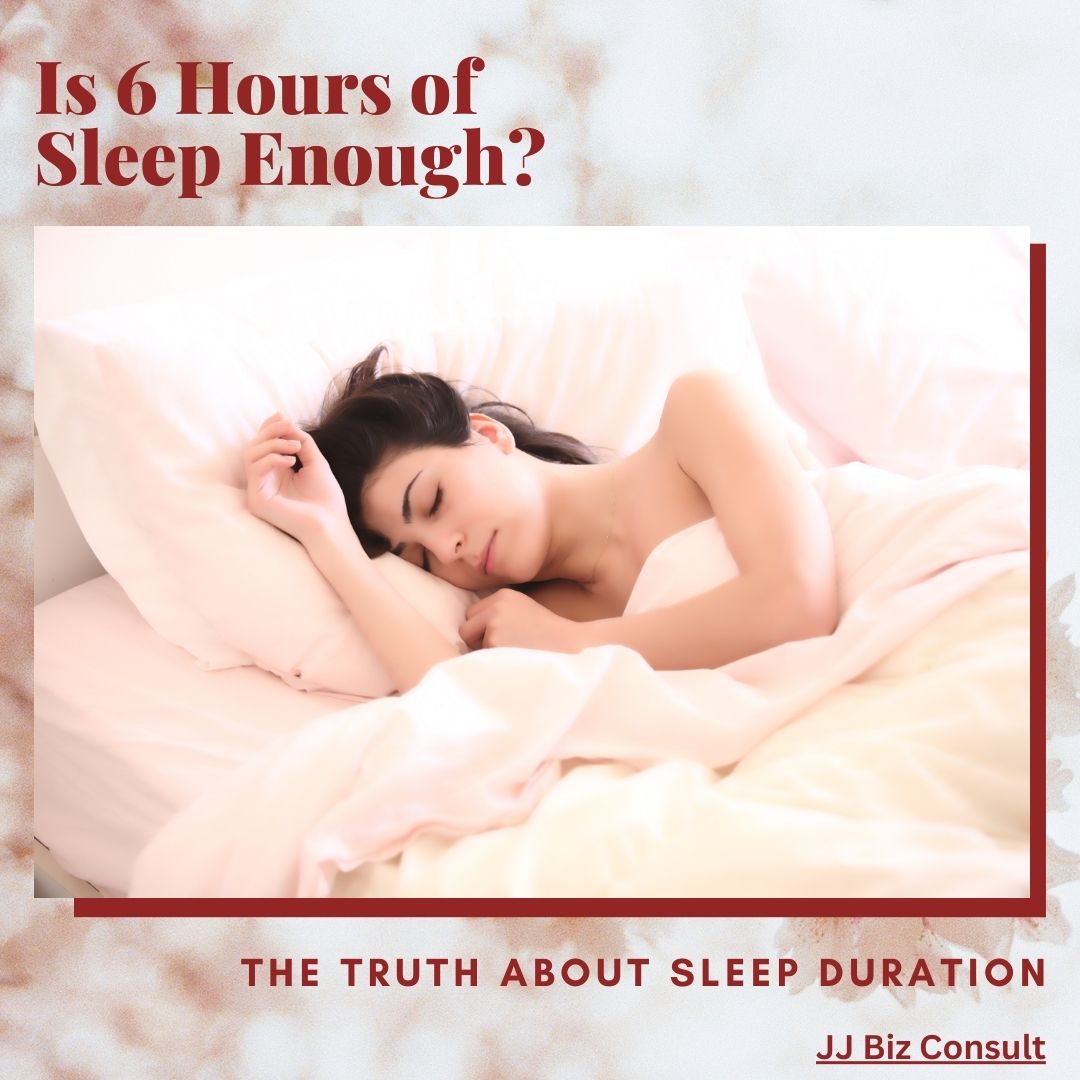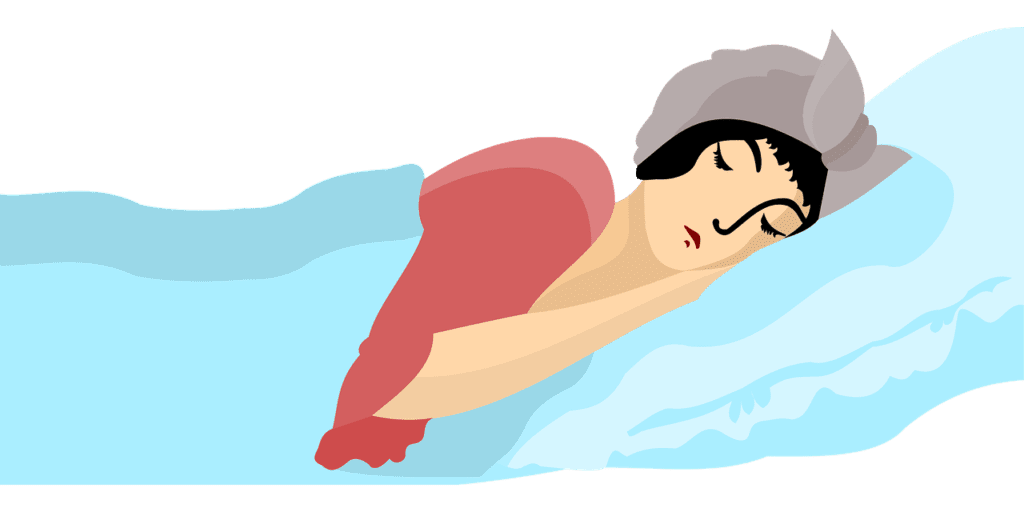
Is 6 Hours of Sleep Enough? The Truth About Sleep Duration
Is 6 Hours of Sleep Enough? The Truth About Sleep Duration.
The Profound Effects of Inadequate Sleep: Unveiling the Health Consequences
(Click for Osmotics SkinCare™ It is a Global Anti-Aging Beauty Brand.)
Introduction: Is 6 Hours of Sleep Enough?
In our modern, fast-paced lives, sleep often takes a backseat to various commitments and responsibilities. However, the repercussions of neglecting our sleep cannot be understated. Welcome to JJ Biz Consult, where we delve into the intricate tapestry of topics that shape our lives. Today, we embark on a journey to uncover the truth about sleep—specifically, whether the prevailing trend of getting only 6 hours of sleep per night is enough to sustain our well-being.
The Science Behind Sleep Duration
Sleep scientists and medical experts emphasize the importance of sleep for our physical and mental health. According to renowned medical journals such as the Journal of Sleep Research and the Journal of Clinical Sleep Medicine, adults generally require 7 to 8 hours of quality sleep each night to function optimally. Falling consistently short of this recommended duration can lead to a cascade of adverse health effects.

The Domino Effect of Sleep Deprivation
- Increased Risk of Accidents: Sleep deprivation impairs cognitive function, reaction time, and decision-making abilities. Research published in the Journal of Occupational and Environmental Medicine highlights that inadequate sleep significantly increases the likelihood of accidents in various settings, from the workplace to the road.
- Weight Gain: Hormones governing hunger and satiety, such as leptin and ghrelin, are influenced by sleep. A study published in the Journal of Sleep Research demonstrated that sleep deprivation disrupts the balance of these hormones, leading to overeating and subsequent weight gain.
- Memory Problems: Sleep plays a crucial role in memory consolidation. The Nature Reviews Neuroscience journal suggests that insufficient sleep negatively impacts the brain’s ability to form, store, and retrieve memories effectively, impairing learning and cognitive performance.
- Depression and Anxiety: Sleep and mental health share a profound connection. The Sleep Medicine Reviews journal explains that chronic sleep deprivation can exacerbate feelings of depression and anxiety, potentially leading to a vicious cycle where poor sleep worsens mental health, and vice versa.
- Heart Disease: Research in the European Heart Journal highlights the link between inadequate sleep and cardiovascular health. Consistently getting less than 6 hours of sleep is associated with an increased risk of developing heart-related issues due to its impact on blood pressure and inflammation.

Strategies for Optimal Sleep
Understanding the potential pitfalls of inadequate sleep prompts us to adopt healthier sleep habits:
- Consistent Sleep Schedule: Set a regular sleep schedule, aiming to go to bed and wake up at the same time every day, even on weekends. This practice helps regulate your body’s internal clock, improving the quality of your sleep.
- Bedtime Rituals: Create a calming bedtime routine to signal to your body that it’s time to wind down. Engage in relaxation exercises, read a book, or practice gentle stretching.
- Optimize Your Sleep Environment: Ensure your sleeping space is conducive to rest. Make it dark, quiet, and cool, promoting a tranquil atmosphere that aids in falling asleep and staying asleep.
- Limit Caffeine and Alcohol: Restrict your consumption of caffeine and alcohol in the hours leading up to bedtime. These substances disrupt sleep patterns and prevent you from achieving deep, restorative sleep.
- Seek Professional Help: If sleep troubles persist, consider consulting a healthcare provider. They can identify underlying issues, provide personalized recommendations, and, if necessary, suggest therapies to improve sleep quality.

Conclusion: Is 6 Hours of Sleep Enough?
The notion that 6 hours of sleep is sufficient for adults is debunked by a wealth of scientific research. Prioritizing adequate sleep—around 7 to 8 hours each night—is crucial for preserving our physical health, mental well-being, and overall quality of life. By embracing evidence-based strategies and fostering healthy sleep habits, we pave the way for improved productivity, mood, and vitality.
Thank you for joining us on this informative journey. If you found this article valuable, please share it with others who could benefit from understanding the profound effects of sleep on our health.
References:
- Journal of Sleep Research
- Journal of Clinical Sleep Medicine
- Journal of Occupational and Environmental Medicine
- Nature Reviews Neuroscience
- Sleep Medicine Reviews
- European Heart Journal
Urban Air Mobility: A New Frontier for Pilots






